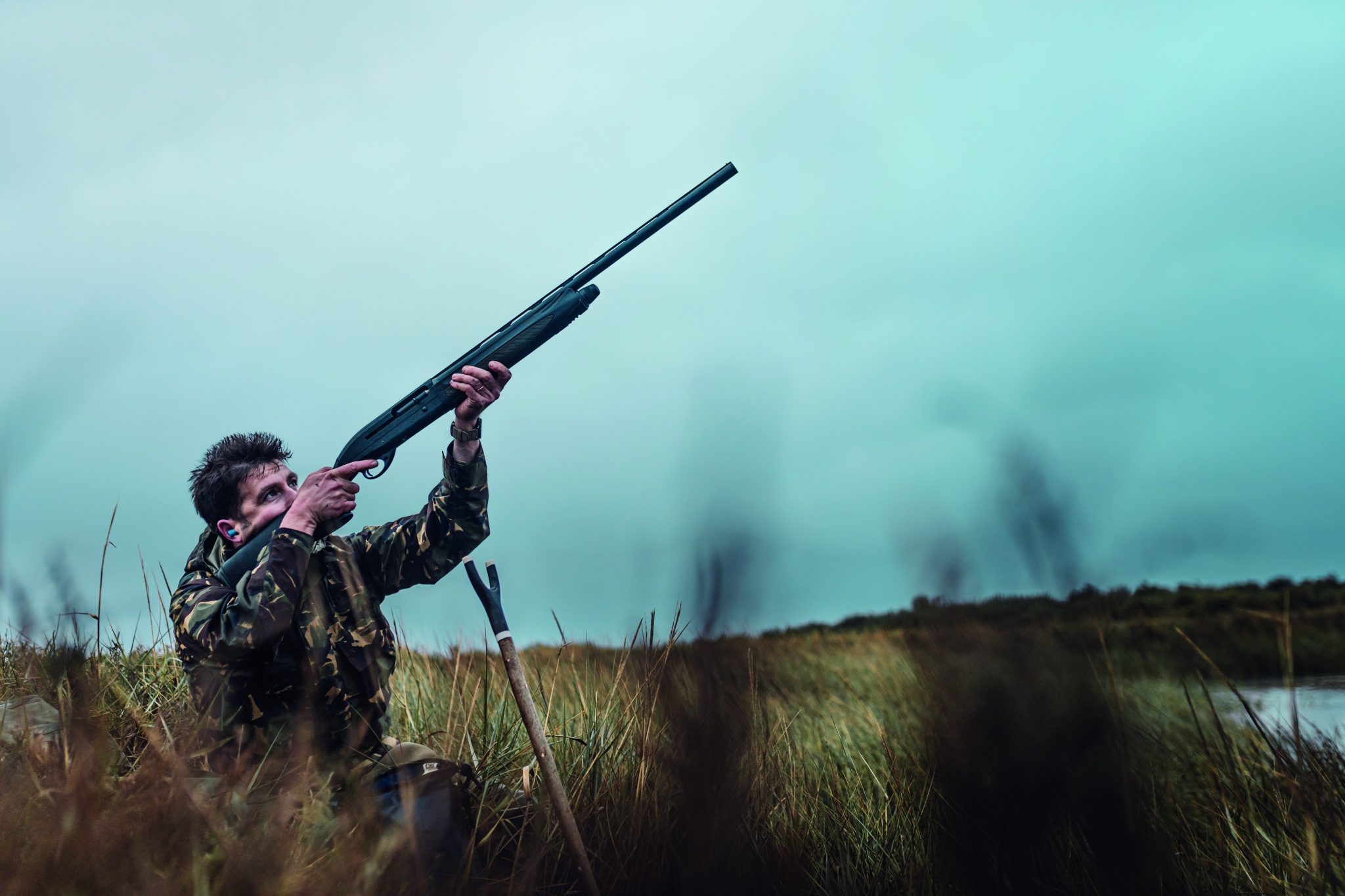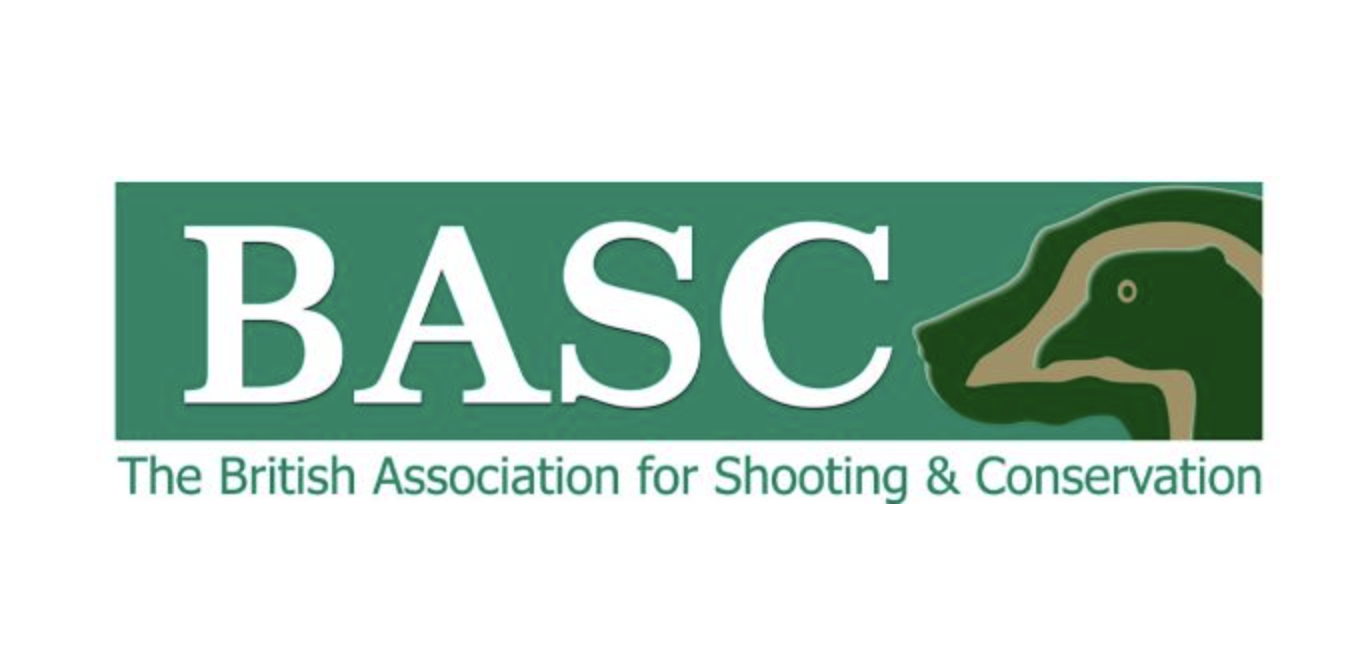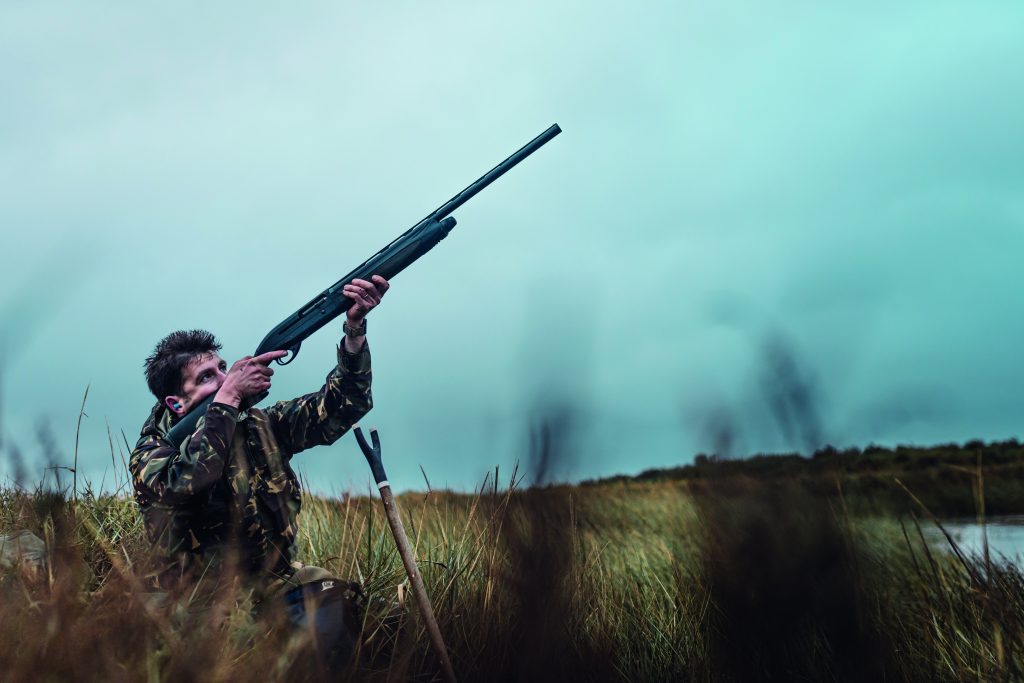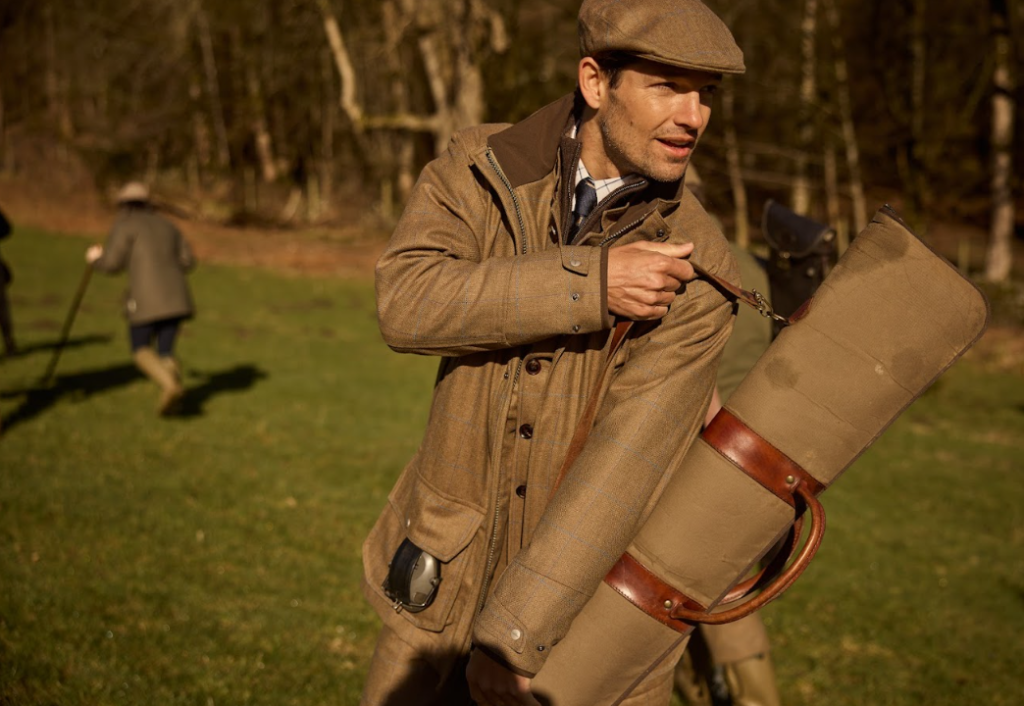Win CENS ProFlex DX5 earplugs worth £1,149 – enter here
Labour fails everyone on animal welfare
Animal rights activists accuse the Government of dragging its feet, while countryside folk demand science and evidence-based reforms
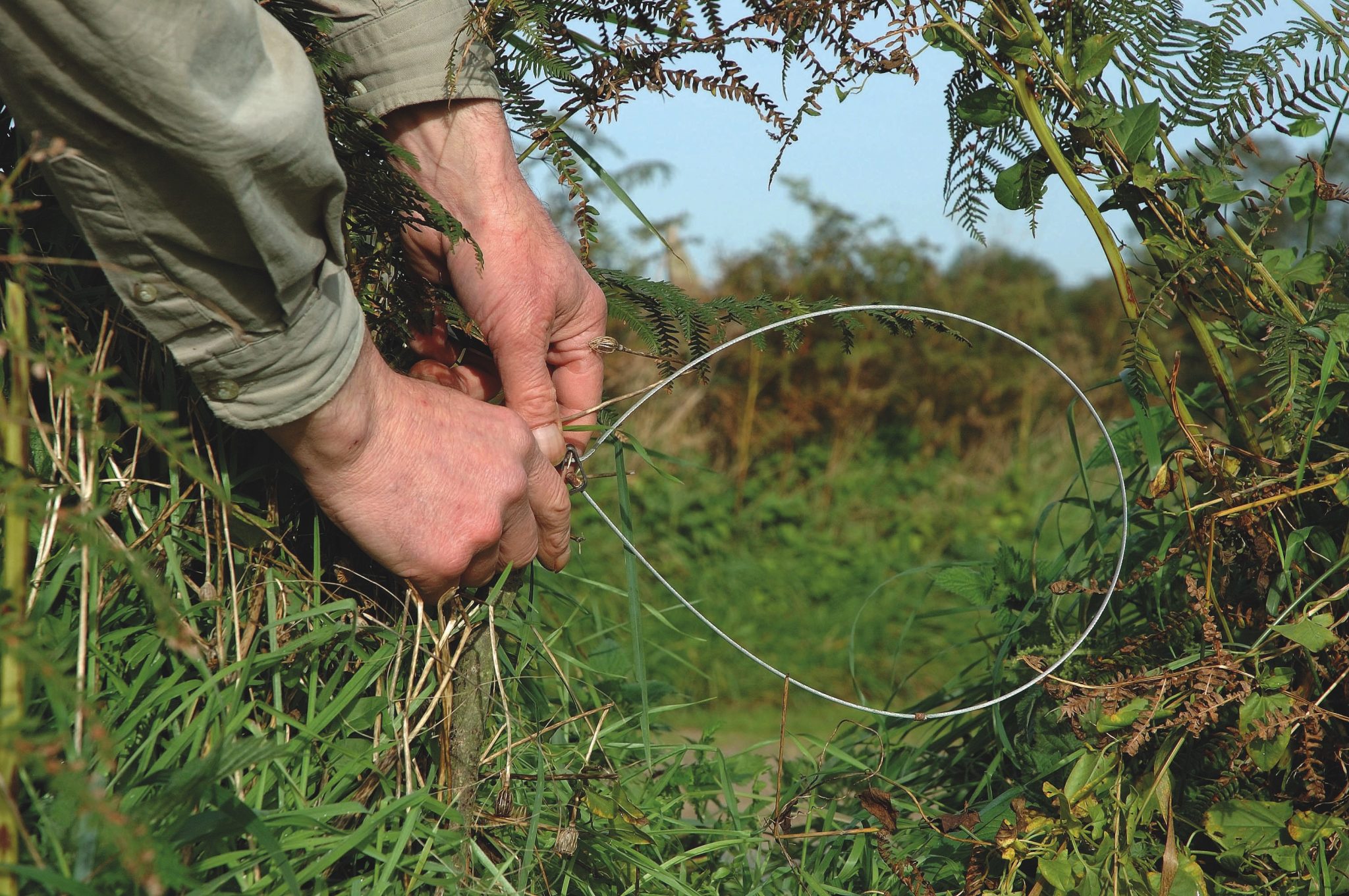
Animal rights campaigners have accused the Labour Government of dragging its feet on animal welfare, after failing to deliver a string of high-profile pledges nearly a year into its term.
Before the election Steve Reed, now environment secretary, promised what he called “the biggest boost for animal welfare in a generation”, including bans on snare traps, trail-hunting and the importation of hunting trophies. Those headline promises remain unfulfilled, prompting frustration from activists.
Criticism from animal rights campaigners
Claire Bass of Humane World for Animals UK criticised ministers for failing to find “parliamentary time to introduce the promised stronger protections for animals”, while Animal Equality UK’s Abigail Penny claimed public trust in Labour is “dwindling” and called for urgent action to meet “public will”.
While the Government has backed a Lib Dem MP’s bill to curb low-welfare imports of puppies and kittens, and a Conservative MP’s bill to strengthen laws against livestock worrying, it has yet to bring forward its own flagship legislation.
Defra’s response
Defra defended its record, pointing to “ambitious plans” already underway and promising a comprehensive animal welfare strategy later this year. But for many in the countryside, activists’ demands for urgency miss the bigger picture. Far from a lack of progress, rural communities have seen wave after wave of new regulations – including the recent lead ammunition ban, set to come into force by 2029 – each bringing cultural and practical consequences for country sports and rural livelihoods.
Strategy must be based on “science and evidence”, says the Countryside Alliance
James Legge, director of public affairs at the Countryside Alliance, said it “has a proud record of supporting policies that genuinely improve the welfare of animals, whether domestic or wild”, noting its backing for measures to tackle livestock worrying, address puppy smuggling and replace older snares with modern, humane devices. He added the group also recognises “the need to ban lead” and supported those reforms.
But he warned Labour’s promised strategy “must be based on science and evidence and genuine engagement with those who manage animals and wildlife on the ground”.
“The Government should not repeat the mistake of the Hunting Act, a clear example of bad legislation based on prejudice, not principle and evidence, and which has done nothing to improve animal welfare, quite the contrary,” he added.
That measured approach is widely shared across rural Britain, where many are keen to see genuine improvements in welfare but believe change must be based on evidence, reflect lived experience and avoid rushing through reforms that risk undermining the people and traditions that sustain countryside life.
Related Articles
Get the latest news delivered direct to your door
Subscribe to Shooting Times & Country
Discover the ultimate companion for field sports enthusiasts with Shooting Times & Country Magazine, the UK’s leading weekly publication that has been at the forefront of shooting culture since 1882. Subscribers gain access to expert tips, comprehensive gear reviews, seasonal advice and a vibrant community of like-minded shooters.
Save on shop price when you subscribe with weekly issues featuring in-depth articles on gundog training, exclusive member offers and access to the digital back issue library. A Shooting Times & Country subscription is more than a magazine, don’t just read about the countryside; immerse yourself in its most authoritative and engaging publication.



